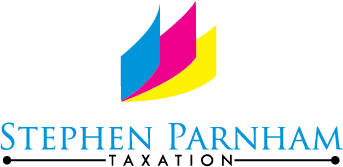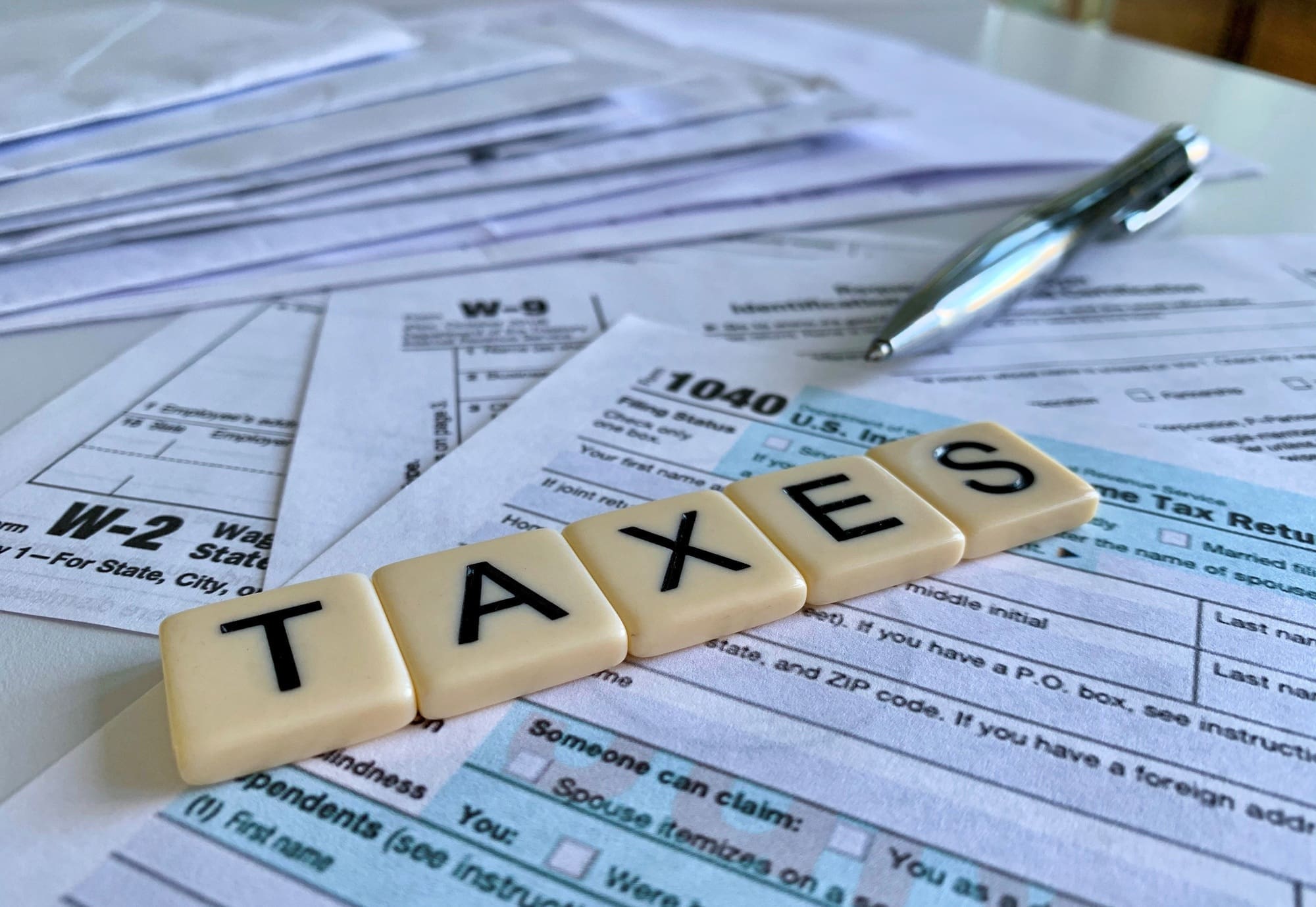The prime minister Rishi Sunak froze inheritance tax thresholds until 2025-26 when he was chancellor, and it is now understood that he will continue with his stealth tax raid in order to plug the fiscal black hole. A further threshold freeze, likely to be announced in the budget on 17 November, would see families pay collectively £1bn extra in inheritance tax in 2026-27 and 2027-28, according to calculations by wealth manager Quilter.
In addition, the estimated average inheritance tax bill would also rise from £216,000 in 2019-20 to £297,793 in 2025-26 and then again to £336,605 for 2027-28 due to the impact of frozen thresholds combined with rising inflation.
That is likely to be the short-term strategy of the government with respect to inheritance tax.
A recent YouGov poll commissioned by law firm Kingsley Napley LLP shows little support for the government bolstering the tax take from inheritance tax, despite the current pressure on public finances. On 20th and 21st October 2022, YouGov surveyed 1,700 adults representing a cross-section of the UK population by socio-economic class, region, age and political voting record to seek their views on potential inheritance tax rule changes, in light of chancellor Jeremy Hunt’s comments that there are difficult decisions ahead on tax and spending to rebalance the UK economy.
You can have a look at a summary of this really interesting survey here –
https://propertyindustryeye.com/government-warned-not-to-proceed-with-new-inheritance-tax-grab/
Inheritance tax is regarded by many as a form of double taxation given that people already pay income tax during their lifetime. The survey results show that attitudes on this are clearly not swayed by the current economic situation – a majority would oppose increasing inheritance tax rates and, further, even support the idea of raising the threshold at which inheritance tax kicks in. Predictably, the YouGov poll data showed there is greater support for increasing inheritance tax rates amongst younger generation voters than those aged over 65 and there is a similar trend over the threshold question, although the differential was less marked.
Decades of house price growth across the UK has meant more and more households have found they fall into the threshold for paying inheritance tax because the nil-rate band has been frozen since 2009. We know the Government’s total inheritance tax take increased from £5.2bn in the tax year 2019-20 to £6.1bn for the financial year 2021-22 as a result. Whilst some have suggested the bands should be reviewed in line with inflation, downward pressure on house prices may go some way to ease the burden on tax-payers without the need for regime change.
Although the financial press tends to focus on the position of its individual readers, it remains the case that the main beneficiaries of robust capital taxes tax planning advice are trading and investment companies, particularly property companies, or businesses where ordinary share capital or ownership remains concentrated in the hands of the founder or senior family members. They have the most to lose in a 40% tax grab and yet are often in receipt of the poorest of non-specialist advice.
A tax payment representing 40% of the value of a business within six months of an owner’s death can break that business as well as suck the real value out of inheritances.
It doesn’t have to be like that but complacency and wishful thinking virtually guarantees that miserable outcome for most!
Stephen Parnham


